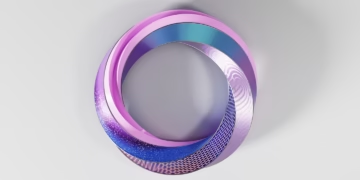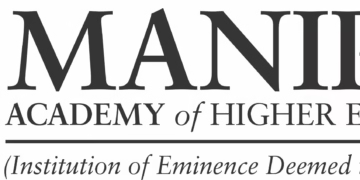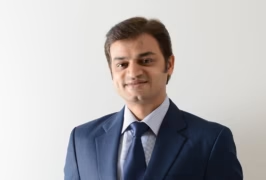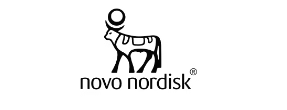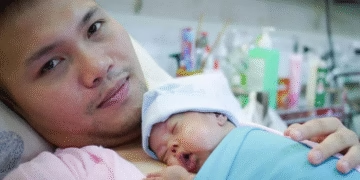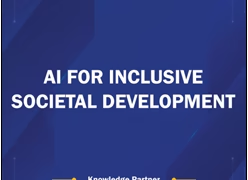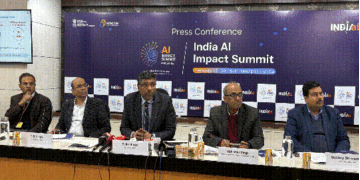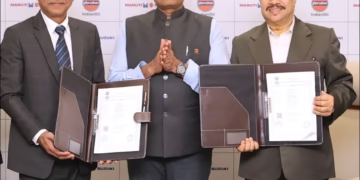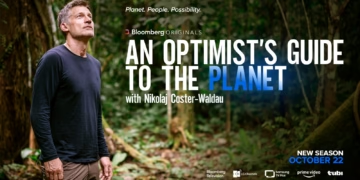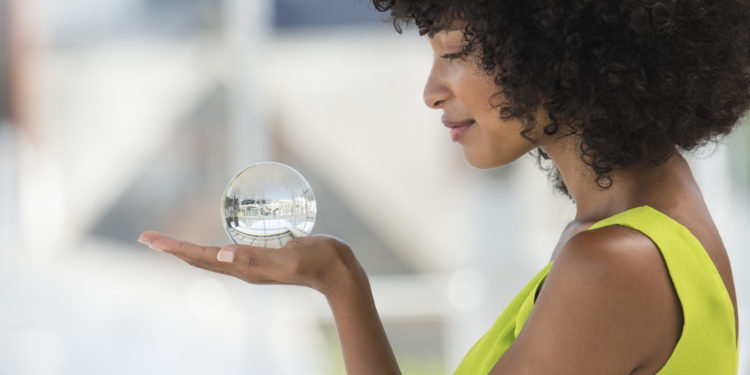Amsterdam, the Netherlands – Royal Philips (NYSE: PHG, AEX: PHIA), today released the findings of its fifth annual Philips Global Beauty Index, surveying over 12,000 women from 12 different countries. The extensive international study [1] explores the attitudes and perceptions of women from around the globe, to uncover how they define beauty, the role it plays in their lives and how the industry is supporting them.
This year, Philips gazed into the future, examining the evolution of beauty routines globally and the important role that technology and personalization are set to play. The findings reveal the developments women are most excited to see, in addition to how perceptions of beauty are being redefined. It further shows how technology is helping women to make more informed choices about products, influencing where, how and when women are getting their beauty knowledge.
This year marks our fifth annual Global Beauty Index, which is very exciting. Having five years of results to compare allows us to make some truly meaningful comparisons between past and present beauty trends, as well as make informed predictions about how the world of beauty is likely to evolve.
Bianca Heiszwolf
Business Leader Beauty at Philips.
Women are most excited about receiving personalized beauty advice
Emotional balance and positive mindset are closely linked to feeling beautiful
The 2019 Index shows that 60% of women globally consider themselves to be beautiful. While this is lower than in 2018 (65%), this year’s figure is still 13 points higher than the first Index in 2015 (47%), showing a positive trend over time. This may be attributed to the more holistic approach that women are now taking to beauty, with a large majority of women surveyed believing that having a positive mindset (88%) and feeling emotionally balanced (84%) are the most important aspects of feeling beautiful.
Additionally, more than six in 10 women around the world are already taking a holistic approach to beauty, while 44% of women worldwide say they expect to see a more holistic approach which connects health and beauty spread across the industry in the next five years.
Women now seek beauty knowledge from a range of sources
With the evolution of technology, there are now more places than ever to find beauty inspiration and knowledge. While many women are looking to online communities for advice, the 2019 Philips Global Beauty Index reveals that it is actually people closer to home whom women depend on most for information. Surprisingly, 49% of women still turn to their friends, family or colleagues for beauty advice and this figure grows to 63% in Korea and 60% in Turkey. This is notably higher than the number of women who turn to social media, which is 37% globally in comparison.
That said, one in four women globally (25%) do now turn to bloggers or vloggers to discover new beauty brands or products. A far higher figure than those turning to traditional celebrities (15% globally), showing just how much influence these social-media-savvy individuals have garnered over a relatively short period of time.
In summary, while we see a continued trend of women finding information from a range of sources, and are welcoming to different technologies, the most important development is that women seek personalized solutions that will help them to identify and solve their individual health and beauty concerns.
[1] The Global Philips Beauty Index, September 2019 – sample of 12,196 18+ women


